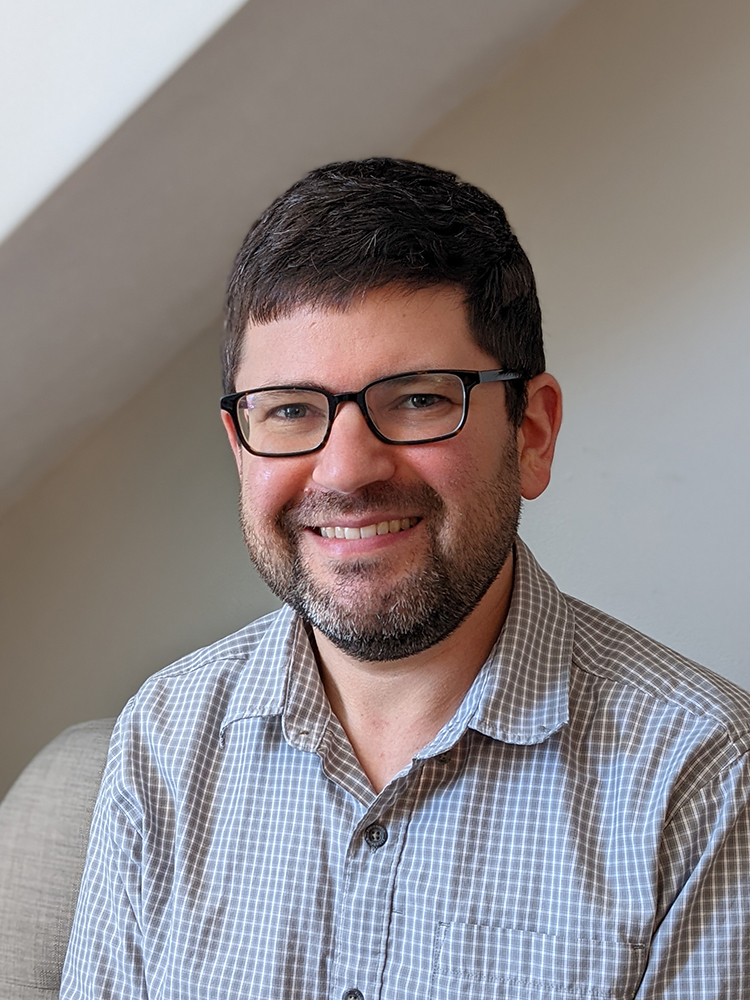 As associate research scientist at Brandeis University’s Cohen Center for Modern Jewish Studies, Matthew Brookner, MPP/MA’13, PhD’21, has to know his way around data. Whether it’s survey results that help cities better meet their Jewish communities’ needs or demographic figures that help advocate for Jewish voters, Brookner’s work is built around distilling large datasets into solid conclusions that produce results.
As associate research scientist at Brandeis University’s Cohen Center for Modern Jewish Studies, Matthew Brookner, MPP/MA’13, PhD’21, has to know his way around data. Whether it’s survey results that help cities better meet their Jewish communities’ needs or demographic figures that help advocate for Jewish voters, Brookner’s work is built around distilling large datasets into solid conclusions that produce results.
Thankfully, that’s something for which his PhD from the Heller School of Social Policy and Management prepared him well. “The exposure to tools like [the statistical software] HLM and large national data sets at Heller was so useful,” he explains. “It gave me the chance to experiment and provided a leg up in my work so I didn’t have to learn on the job, so to speak.”
The methodological courses, he recalls, were crucial. That’s because in addition to analyzing the data the Cohen Center collects, Brookner also must develop research tools in ways that ensure their accuracy. For interviews, this means wrestling with the subjectivity of the data and limiting influence on interviewees to avoid manipulated responses. For tools like surveys, it means accounting for bias and calculating how to weigh answers for the most telling results.
“The survey research class at Heller has proven invaluable to my work,” Brookner explains. “Also, the qualitative research course gave me the grounding for a lot of the focus groups and interviews I have conducted.”
Of course, Brookner took much more from his Heller experience than just the nuts and bolts of his current work. Noting that his career development and the program “really went hand-in-hand,” Brooker admits that a career in research was far off his radar when he started Heller’s Master of Public Policy program in 2011. When faculty mentors suggested he had a knack for research, however, he continued into the PhD program, where new possibilities opened for him.
“The program then exposed me to so many different types of research,” he says, “and the concentration seminars exposed me to all the different ways it could be used professionally.” Armed with this new perspective, Brookner went from having little interest in research to building a career in the field.
Now, looking back on his time at Heller, Brookner credits the school with not only giving him the tools for his current work, but also providing direction.
“Heller is a great place to find your intellectual passion,” says Brookner. “Heller gave me the space to determine what I wanted to research, and how, and more importantly the support structures to figure it out on my own. Not all doctoral programs provide such a space for exploration, and for me, it was a great fit.”
